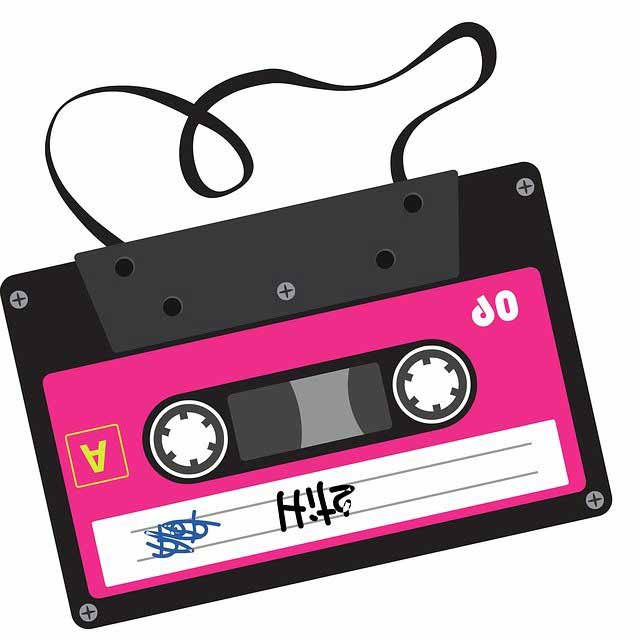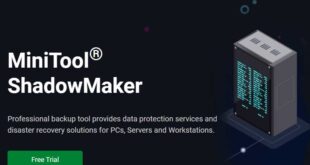Do you have a bunch of cassettes at home? If so, you need to make sure you preserve them for future generations. There are not a lot of people who still use cassette players, but there is still a lot of valuable footage on them. The best way you can make sure that you can enjoy the footage on your cassettes is to convert them to a digital format. Just what do you need to do if you want to convert your cassettes to a digital medium? Take a look at a few important steps below, and remember to reach out to professionals who can assist you.

How To Digitize Your Old Cassettes
If you have an old cassette at home, you have a few options if you would like to digitize it. The first option is to use a USB cassette converter. Essentially, you will purchase the converter, plug it into the computer, and let the software in the converter convert the cassette to a digital format.
The steps involved in digitizing your old cassette with a converter include:
- The first thing you need to do is purchase a converter. You might need to hunt around at an old trade show to find one.
- Then, you need to download the right software. The converter might come with software already, but you might need to download a few extra programs to make it compatible with your computer.
- Once the converter is ready to go, plug it into the computer and follow the instructions.
- As the information is digitized, you might want to group it into folders to make it easier to find later.
If you have all of the equipment, the process is relatively straightforward; however, this converter can be expensive. Furthermore, your computer might not necessarily be compatible with the converter. There are a lot of moving parts involved in the process that all have to work together if you want the conversion to be successful. Remember that cassettes also come in many shapes and forms. Not every VHS cassette is the same, and you might even have an audio-only cassette that you used to plug into the car.
There is also a chance that you have an old tape deck. If you have a tape deck, and your computer has an old audio input, then you can use your computer to convert your old tape deck without using as many moving parts. Of course, the biggest challenge with this option is that you need to have a computer that has this type of audio input. And, you need to trust that your old tape deck still works. This can be another hassle, so this option might not be available to use; however, this could be something to explore.
Keep in mind that as you try to convert your cassettes to digital, the tapes are very old and might not behave as well as they did 20 years ago. Furthermore, if you compare them to more modern CDs, you will hear some background noise. After all, this is the reason why people no longer use these old tapes.
If you would like to digitize them properly, you should rely on a professional team that can assist you. For example, you might want to rely on the friendly team from ARS Video to complete this process on your behalf. Keep in mind that after you get the digital format back, you will also get the original cassette. That way, you can preserve it for posterity.
Common Issues Faced By Cassettes
You may think that you can simply keep your cassettes around forever. Even though the outer shell might last, there are a lot of issues that cassettes run into. If you do not digitize them now, the information on them could be lost forever because cassettes get damaged over time. Some of the biggest issues that cassettes face on a regular basis include:
- A Loss of Lubricant: The binder has lubricant that makes the cassette easier to play. Without this lubricant, the amount of friction between the tape and the rest of the cassette will increase. When this happens, the cassette is prone to wear and tear. The tape might start to degrade, and the lubricant will start to evaporate. As a result, the information on the cassette could get damaged. You should digitize it before the lubricant is gone completely.
- Environmental Changes: A cassette is also prone to environmental changes. If the cassette is exposed to a lot of temperature changes, the individual particles will expand and contract. The more this happens, the more likely the cassette will get damaged. Furthermore, changes in humidity can damage the cassette as well. This could make the data hard to read, which might be why you hear a lot of background noise. You should try to store the cassette in an area with stable temperature conditions.
- Mold and Mildew Growth: Cassettes are also prone to damage by mold and mildew growth. As mentioned above, cassettes can be damaged in areas with a lot of humidity. Another reason why this happens is mold and mildew grow in areas with moist environments. If you want to protect your cassettes, store them in a dry location. That way, you can minimize the growth of mold and mildew.
- Strong Magnetic Fields: Decades ago, magnetic fields were not nearly as common as they are today. Now, you may not realize just how often you pass through a strong magnetic field. For example, if you go through airport security, you are passing through a magnetic field. This type of deal can damage your cassette. Therefore, try to avoid exposing your cassettes to strong magnets.
These are just a few of the many issues faced by cassettes. The best way to deal with these issues is to digitize the information on your cassette and protect it. That way, you no longer have to worry about your cassette being damaged by any of these external factors.
 Technology News, Reviews and Buying Guides review, monitor review, tablet review, laptop review, mobile review, smartphone review, buying guide,
Technology News, Reviews and Buying Guides review, monitor review, tablet review, laptop review, mobile review, smartphone review, buying guide,


